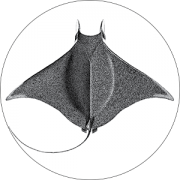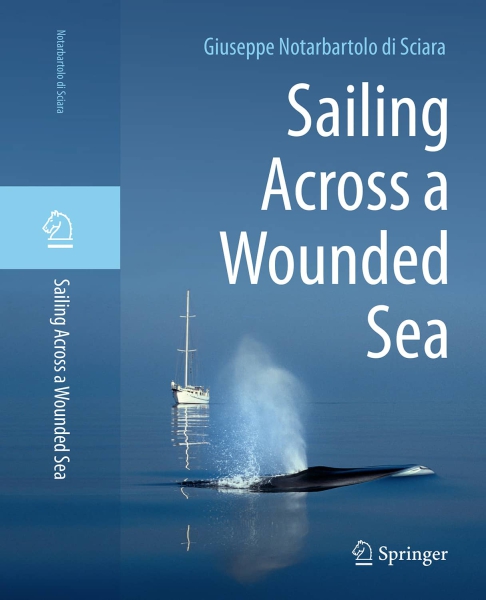Born in 1948 in the Italian lagoon city of Venice, fascinated by all things natural, I have been looking for all sorts of critters living beyond land’s end since I started walking and swimming. Becoming a marine ecologist was therefore my recipe for happiness.
During the first phase of my professional life (1968-1985) I have mostly been concerned with the advancement of knowledge of the natural history, ecology, behaviour, and taxonomy of aquatic vertebrates, with an emphasis on whales, dolphins, seals, sharks and manta rays. I have described my work in more than 240 scientific works, including papers, reports and conference presentations, and several books.
However, in subsequent years my professional choices have been deeply influenced by major changes which have affected our unstable world in the recent decades. During my lifetime humans have managed to reach such an extraordinary level of control of the planetary environment through technological development, that the geological epoch we are living in now has been named the Anthropocene – the “Age of Man”.
I greatly dislike any possible self-congratulatory connotation there might be in having named this era the “Age of Man”. As techno-savvy as they might be considered, humans have been egregiously unable to develop, in parallel, the moral wisdom essential to adopt the necessary policies and appropriately manage their impacts on the planet.
Stuck like blind paramecia inside our economy-driven insanity, we are damaging our own planetary life-support system; we are destroying other species at an exponential rate; at the same time causing countless, unnecessary suffering to living beings, humans and non-humans alike, at a frightening scale.
These considerations caused my happiness to be tainted by concern, and my age of curiosity to yield to commitment to change (1985 to present). The depressing deterioration of the world’s environment, and of the oceans in particular, has transformed science in my mind from an end into a means. The need for humans to change their behaviour is urgent and compelling – and in fact there are weak signs that this might be happening – but the process is too slow.
Although behavioural adjustments rest importantly on the progress of scientific knowledge – which provides guidance on what we can do and what we cannot – science can no longer be viewed as the bottleneck to progress.
We will always need to know more, but we now know enough to guide the restoration of the planet’s environment.
We also know that sustainable growth is nothing but a ludicrous lie. That limitless economic growth is nonsense on a finite planet, and if taken as a societal goal, it is suicidal. That individual consumption must collapse if we want the planet to continue to be a good place to live in.
So where should change really come from? Margaret Mead once wrote: “Never doubt that a small group of thoughtful, committed citizens can change the world; indeed, it’s the only thing that ever has”. Herein lies our challenge.


